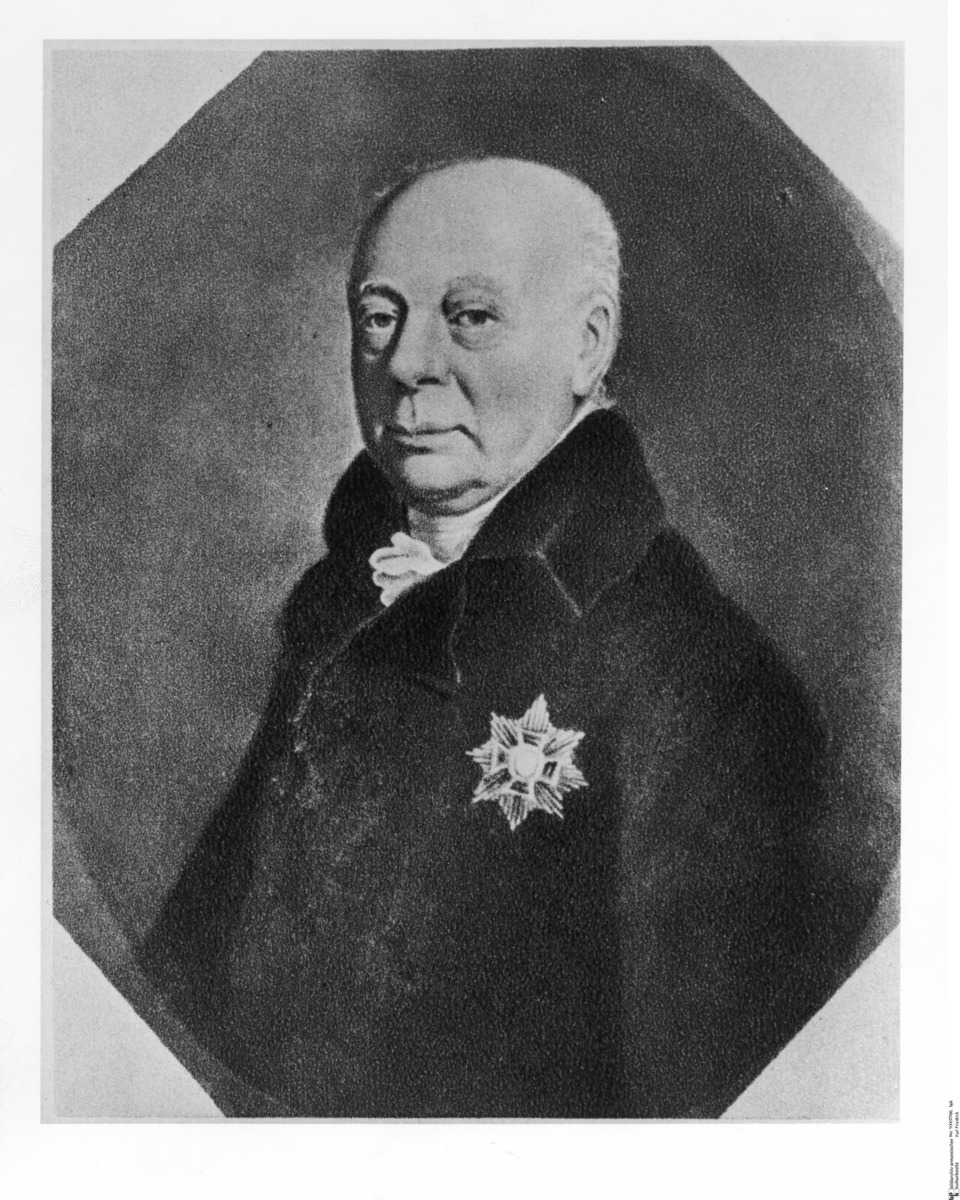Abstract
Karl Friedrich of Baden (1728-1811) managed to elevate his once small
margraviate of Baden-Durlach to an electorate (1803-1806) and finally to
a grand duchy (1806). Although the enlargement of his territory was
remarkable – in this, he was helped by major changes that followed the
Coalition Wars against revolutionary France and his close association
with Napoleon’s Confederation of the Rhine – Karl Friedrich is best
remembered for an achievement of even greater significance: together
with his ministers, he transformed Baden into a classic example of
"enlightened absolutism." Among other things, he abolished
torture and serfdom and oversaw the creation of model educational
institutions and social insurance schemes. Despite his personal
frugality and austerity, he promoted both the arts and sciences and
fostered economic prosperity in Baden. His policies paved the way for
the subsequent southwest German brand of liberalism that emerged from
the era of Napoleonic domination in Germany.
